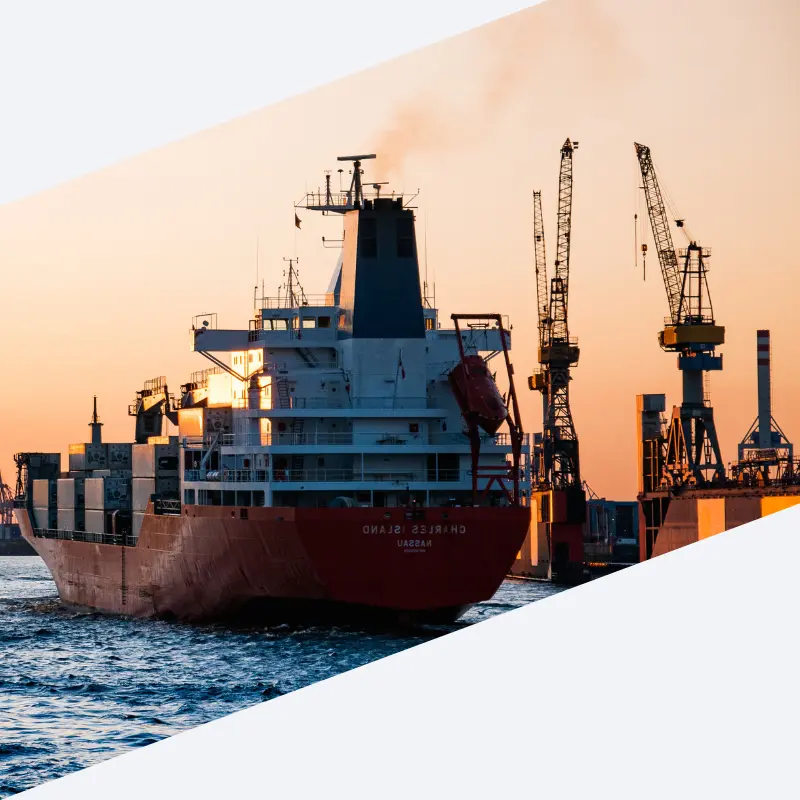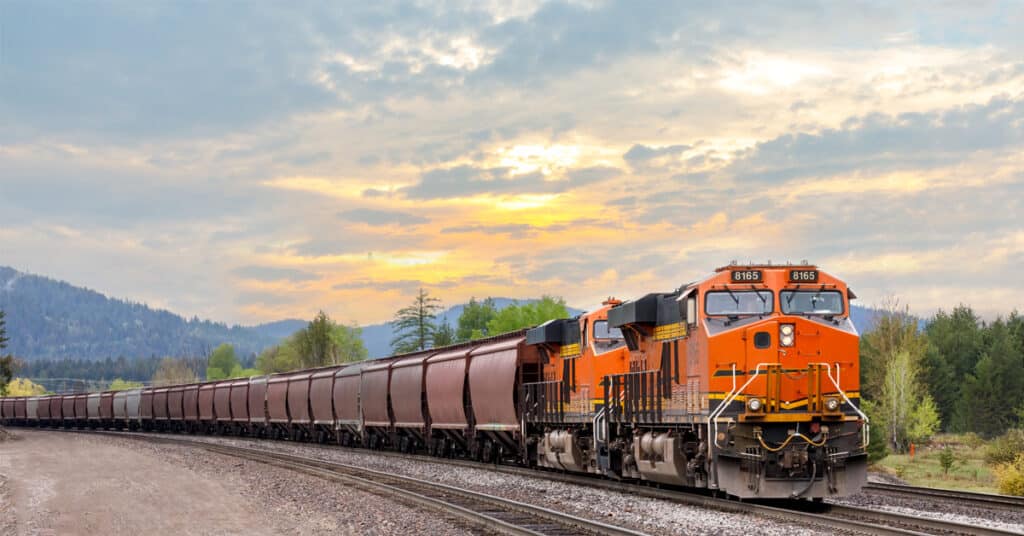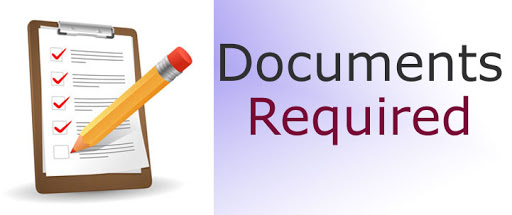- By TOP CHINA FREIGHT
- September 17, 2025
- Shipping
Table of Contents
Freight from China to India can be complex, involving cross-border regulations, varying transit times, and fluctuating shipping costs. This trade route is highly sought-after due to strong business ties and high import/export demand. This guide will help you understand shipping methods, costs, documentation, and strategies to optimize your supply chain efficiently.

What Are the Main Shipping Methods from China to India?
Freight from China to India can be transported via sea, air, or rail. Each method has unique benefits depending on cargo type, cost considerations, and delivery urgency.
| Shipping Method | Transit Time | Cost | Pros | Cons |
|---|---|---|---|---|
| Sea Freight | 15–30 days | Low | Large capacity, cost-effective | Slower, port delays possible |
| Air Freight | 3–7 days | High | Fast, reliable for urgent cargo | Expensive, limited volume |
| Rail Freight | 12–18 days | Medium | Faster than sea, cost-efficient | Limited coverage, fewer routes |
For large shipments, sea freight is ideal. For urgent or high-value goods, air freight ensures faster delivery. Rail freight is increasingly popular for medium-volume cargo needing a balance between cost and speed.
How Much Does Freight from China to India Cost?

The cost of freight from China to India depends on cargo volume, shipping method, and additional fees. Below is a pricing overview:
| Container Type | Sea Freight (USD) | Air Freight (USD/kg) | Rail Freight (USD) |
|---|---|---|---|
| 20ft Container | 1,200–1,800 | 5–6 | 1,500–2,200 |
| 40ft Container | 2,000–3,200 | 4.5–5.5 | 2,500–3,500 |
| LCL (per CBM) | 40–70 | 6–8 | 50–80 |
Additional charges include customs clearance, destination fees, and insurance. Partnering with a professional freight forwarder can reduce costs via consolidation and route optimization.
Can Rail Freight Replace Sea or Air Shipping?

Freight from China to India by rail is becoming an alternative for businesses seeking cost-effective yet timely delivery.
Advantages of rail freight:
- Faster than sea and cheaper than air
- Reduces congestion risk at ports
- Environmentally friendly
Limitations:
- Limited routes and schedule frequency
- Extra handling at transshipment points
Rail freight is ideal for medium-volume shipments where speed matters more than cost but less than urgent air freight.
What Documents Are Required for Importing to India?

To successfully manage freight from China to India, you must prepare accurate documentation for customs clearance:
| Document | Purpose |
|---|---|
| Bill of Lading (B/L) | Proof of shipment and ownership |
| Commercial Invoice | Item details, value, buyer/seller info |
| Packing List | Packaging and cargo content |
| Importer Exporter Code (IEC) | Legal requirement for imports |
| Certificate of Origin | Confirms product origin for duty purposes |
| Insurance Certificate | Proof of cargo insurance coverage |
Accurate documentation reduces delays, penalties, and customs complications.
How to Choose the Right Freight Forwarder?
A reliable freight forwarder for China to India shipments ensures timely, cost-effective delivery. Consider these factors:
- Expertise in India’s customs regulations
- Partnerships with shipping lines and airlines
- Transparent pricing and contracts
- Ability to offer port-to-port or door-to-door services
A professional forwarder also provides guidance on supply chain optimization, cargo insurance, and multi-modal shipping strategies.
What Are Common Challenges When Shipping from China to India?
Businesses often encounter hurdles in freight from China to India, including:
- Customs delays due to incomplete documentation
- Port congestion at Mumbai, Chennai, or Kolkata
- Fluctuating freight rates due to seasonal demand
- Regulatory changes affecting imports
Proactive planning, real-time tracking, and a trustworthy freight forwarder mitigate these issues.
How Long Does Shipping from China to India Take?
Transit times vary depending on the shipping method and cities involved:
| Shipping Method | Typical Transit Time | Notes |
|---|---|---|
| Sea Freight | 15–30 days | Major ports: Shanghai, Ningbo, Shenzhen to Mumbai, Chennai, Kolkata |
| Air Freight | 3–7 days | Limited to airport destinations, ideal for urgent cargo |
| Rail Freight | 12–18 days | Routes via Nepal or Eastern India hubs |
Planning based on delivery schedules ensures inventory continuity and avoids stockouts.
Should You Use FCL or LCL Shipping?

Choosing between Full Container Load (FCL) and Less than Container Load (LCL) affects cost and handling.
| Option | Best For | Pros | Cons |
|---|---|---|---|
| FCL | Large shipments | Lower per-unit cost, less handling | Higher upfront cost |
| LCL | Small shipments | Cost-effective for small volumes | Slower, risk of cargo mixing |
Consolidation and strategic planning can reduce LCL costs while ensuring timely delivery.
Case Study: Electronics Shipment from Shenzhen to Mumbai

A mid-sized electronics company shipped 40ft containers of mobile accessories from Shenzhen to Mumbai.
Challenge:
Tight delivery schedule during peak festival season
Solution:
Combined sea freight with partial air freight for urgent SKUs
Result:
95% on-time delivery, 15% lower costs than full air freight, smooth customs clearance
This example demonstrates how professional freight management and multi-modal shipping improve efficiency for freight from China to India.
Conclusion
Efficient freight from China to India requires careful planning, method selection, and professional guidance. Understanding costs, transit times, documentation, and shipping options reduces delays and optimizes your supply chain. Leveraging expert freight forwarding ensures timely delivery, cost efficiency, and smooth import operations, letting your business focus on growth.
Need a Shipping Quote?
If you want expert guidance and peace of mind, our team is ready to assist.
TJ China Freight offers tailored solutions to help businesses of all sizes ship more reliably from China.

FAQ
Q1:What is the fastest way to ship from China to India?
Air freight is the quickest option, taking 3–7 days. It’s best for urgent goods like electronics or fashion, ensuring timely delivery and minimal supply chain disruption.
Q2:How do I calculate shipping costs from China to India?
Costs depend on weight, volume, shipping method, and fees like customs, port charges, and insurance. A freight forwarder can provide an accurate estimate.
Q3:Can I track my shipment from China to India in real time?
Yes, most forwarders offer tracking for sea, air, and rail shipments. Real-time updates help monitor progress and anticipate delays.
Q4:Are there restricted items I cannot ship from China to India?
Yes, restricted goods include hazardous chemicals, counterfeit products, and uncertified electronics. Always check Indian import regulations.
Q5:How can I reduce freight costs from China to India?
Consolidate shipments, use FCL for larger volumes, and avoid peak season. Partnering with a forwarder can secure better rates.
